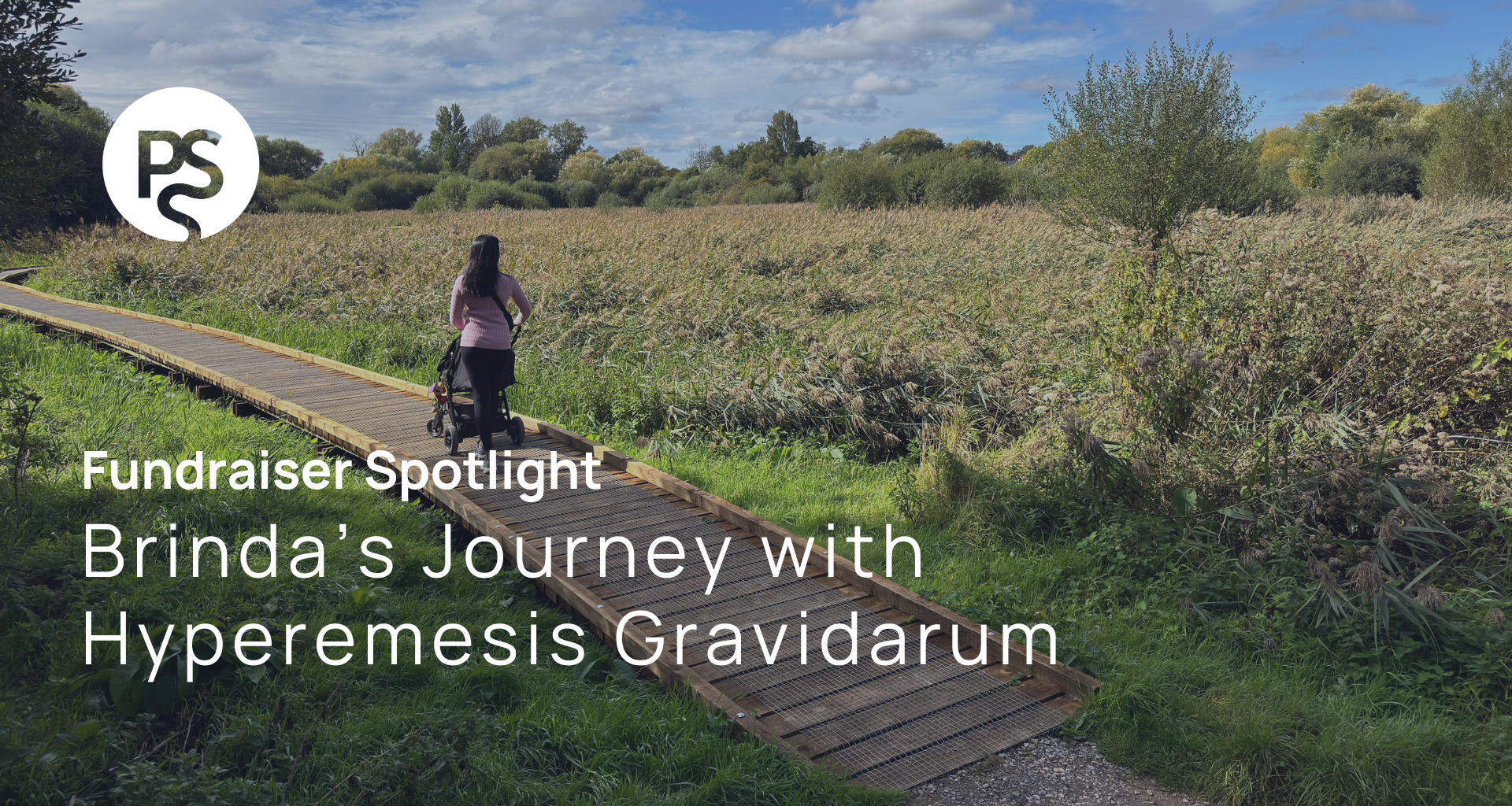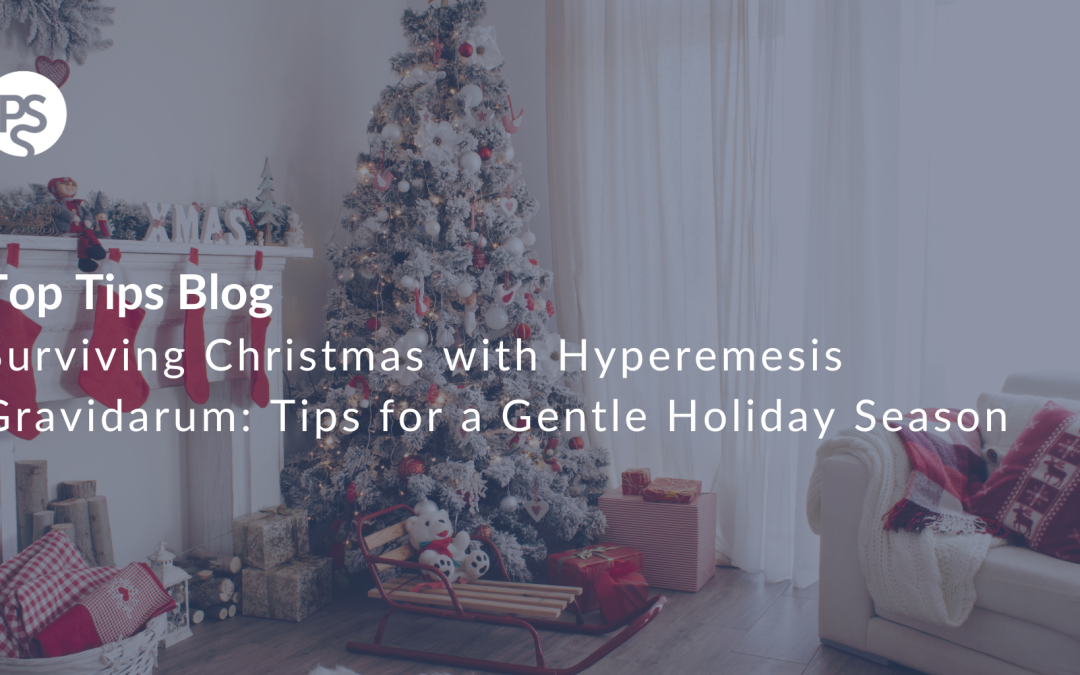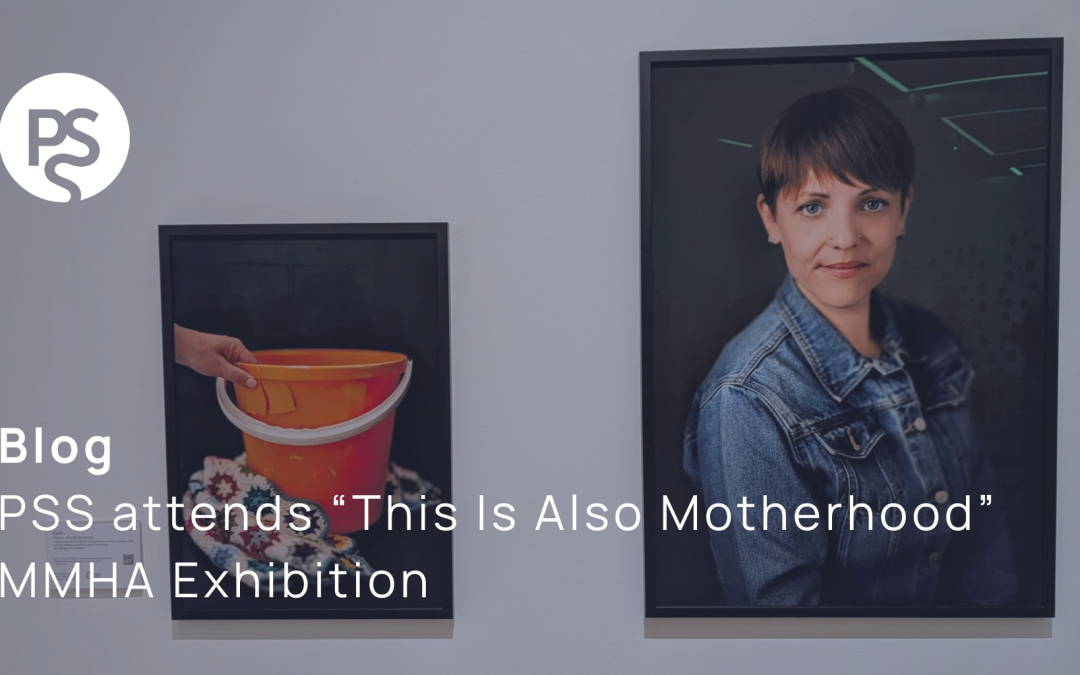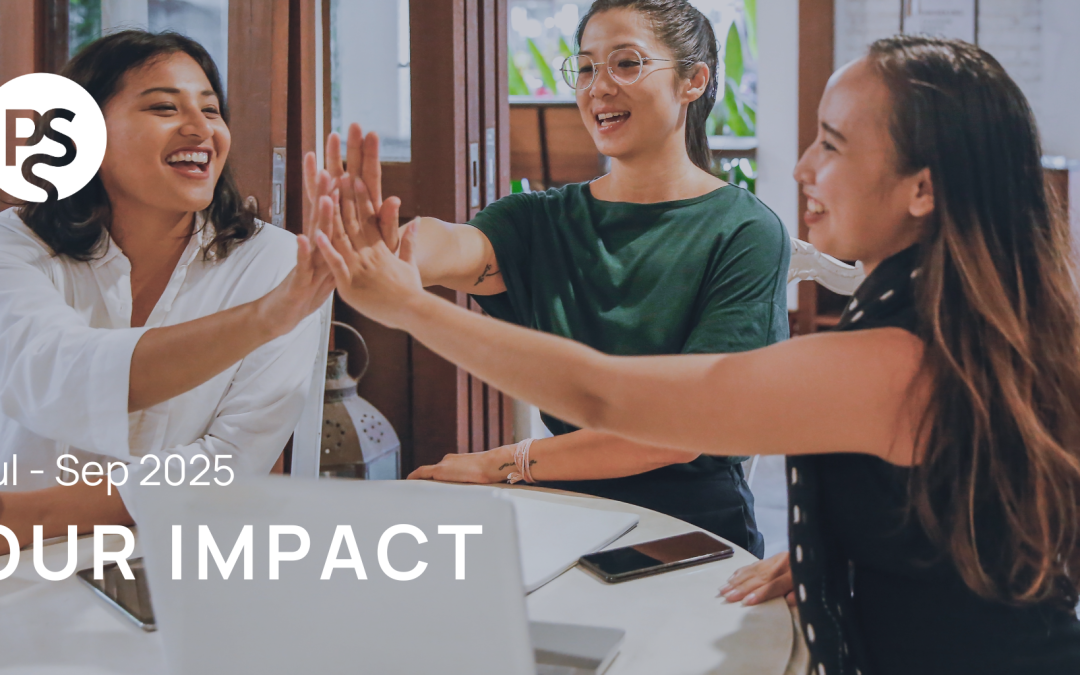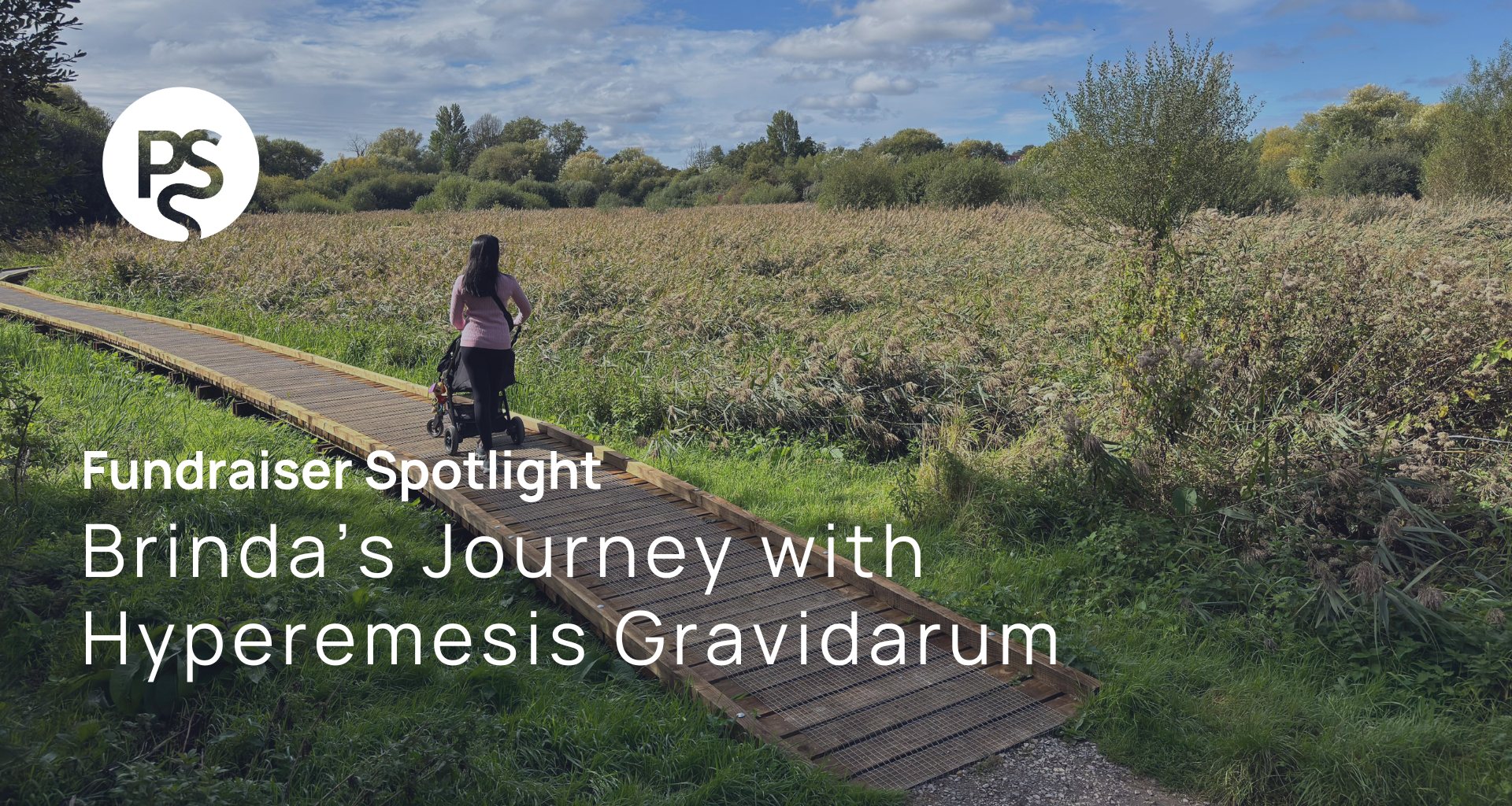
My sickness started around 9–10 weeks and spiralled fast. Like many people with HG, drinking water was a challenge, so I went to ED just 30 minutes after leading a Teams meeting at work, where I was given IV fluids and Metoclopramide.
For the next 36 hours, I felt like a new person. I even managed a 5k walk (which was huge for me at the time) because I felt so energetic! I cycled through Cyclizine, Metoclopramide, Ondansetron, Prochlorperazine, and finally Xonvea at week 36. I was grateful to be in the Xonvea postcode lottery, because for the first time in nine months, I could eat without feeling nauseated 24/7.
My symptoms were consistently dismissed by the antenatal team. I was asked to try ginger more times than I can count, and was told that since the baby was doing OK, my symptoms (being nauseated 24/7 and vomiting multiple times a day) were just part of pregnancy and therefore acceptable. When my GP prescribed Xonvea at 36 weeks, they were livid that the midwifery unit hadn’t alerted them sooner.
Being two weeks overdue was the least of my worries, as I had just enough energy to feel human again: I could go to a café without fearing nausea, train at the gym (my place of peace), and most importantly, not be scared of the fridge.
As grateful as I am that I finally received the care I needed, I was let down by the lack of HG knowledge from healthcare professionals. In hindsight, I wonder whether I suffered in silence for longer than I should have. So many symptoms are brushed off as “normal” in pregnancy that it becomes difficult to recognise when something isn’t.
The mental toll of HG was relentless. Pregnancy is supposed to be a joyful, bonding time, but HG stripped that away. We had hoped to have a social with friends before the baby arrived, but that never happened. Food is involved in everything, and I could not face it. I also had no connection with my baby in utero, and I did not want any sign that I was pregnant. I was relieved that I didn’t show until around 27 weeks; I didn’t want to look the part, because I didn’t feel it. There is so much pressure to feel connected before birth: maternity shoots; reading or talking to your bump; singing to it; feeling joy when the baby kicks. I felt none of that and still feel upset that HG made the experience feel clinical, isolating, and detached.
Ultimately, pregnancy became a mission that I had to endure, not embrace.
The worst part of HG was not knowing when the sickness and nausea would end. HG didn’t just take over my body – it chipped away at everything: my health, my energy, my sense of self. The isolation was brutal, and most people couldn’t relate. Well-meaning comments like “the second trimester is the honeymoon period” or “nausea dies down after 12–20 weeks” only deepened the disconnect. I felt like I was failing at something that was supposed to be natural. After all, this is how the human species has survived! Being dismissed by the antenatal team was the final blow.
And then there’s the unspoken aftermath. No one warns you about the lingering effects of HG postpartum; how it seeps into everything, how easily it’s triggered. You’re expected to move on, to be grateful (which I am), and to get on with it. But your relationship with pregnancy is changed forever. Even once the vomiting stops, the imprint remains.
This is why I run. I started running (for the first time ever) six weeks after my C-section, once I got the all-clear from my GP, and set myself a target of 40km to raise money for Pregnancy Sickness Support. Running is so much more than exercise for me. It’s reclamation. I’ve been pushing myself to get my health back after it was taken from me last year, and I’m determined not to let HG dictate any response or decision I make in life.
I didn’t discover Pregnancy Sickness Support until I was around 31 weeks. But from that moment on, PSS became a lifeline. The support team was everything I didn’t know I needed: kind, empathetic and completely non-judgmental. It was a space where I could share the reality of HG and be met with empathy. The PSS community is truly extraordinary.
Sharing how I felt hasn’t been easy, but it’s felt necessary. I feel strongly to break the silence, to build awareness, and to give voice to the reality of HG. What PSS offers is more than support, it’s validation. It’s incredible that the charity also provides resources for partners, because HG takes a huge toll on the partner too.
Thank you, PSS, for all your work – for the empathy, the community, and the unwavering commitment to making sure no one goes through this alone.
Thank you to Brinda for sharing her story with us. If you are able to donate to our small but mighty charity so we can help more people like Brinda, you can do so here.

